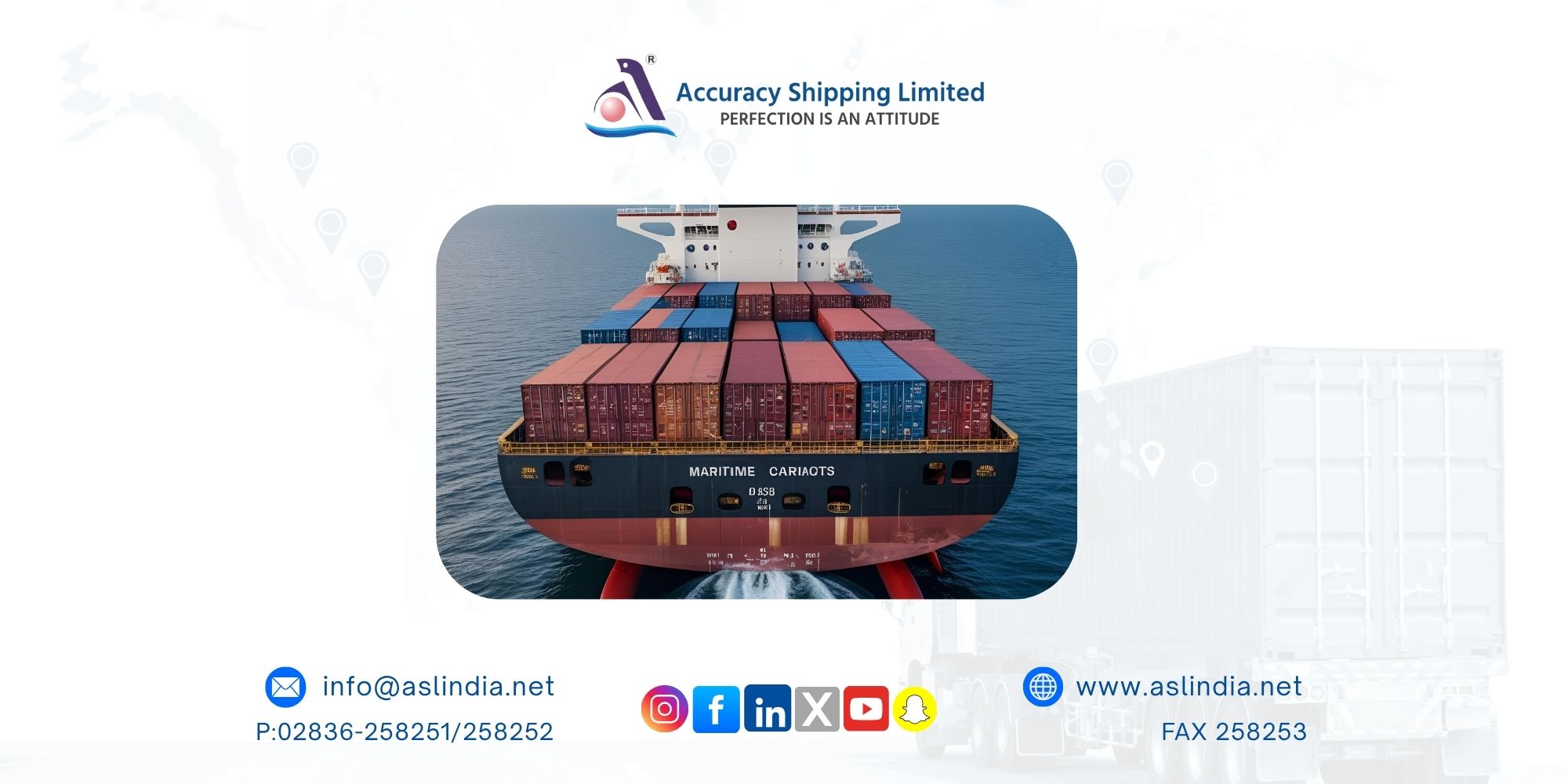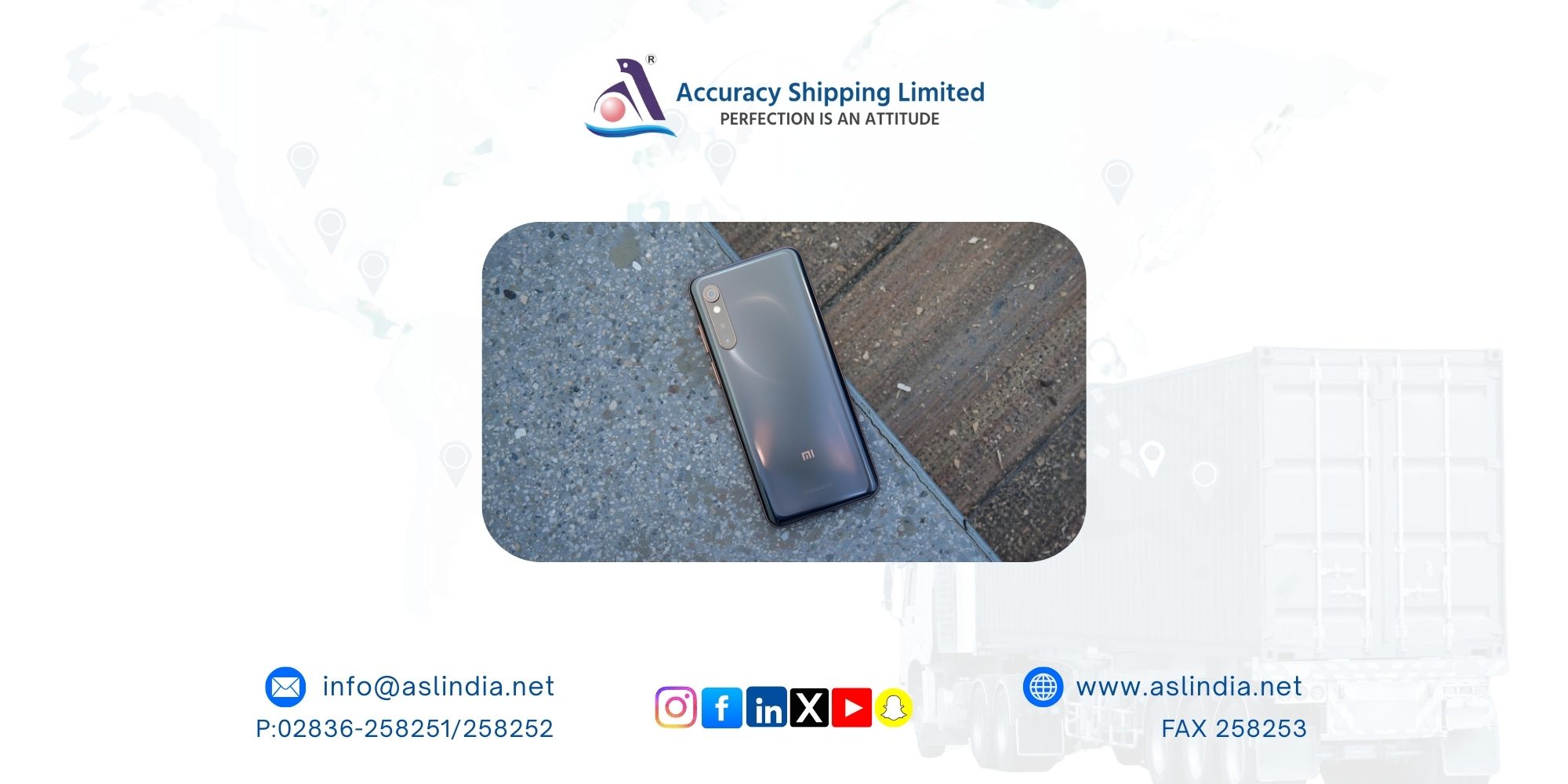Insurers face payouts for cargo lost in 2 maritime accidents

Recent Incidents Off Kerala Coast Raise Concerns
Two maritime accidents off the Kerala coast in recent weeks have brought renewed attention to the role of marine insurance in safeguarding cargo during transit. While a clear valuation of the cargo lost in both incidents is still pending, early assessments indicate a significant potential impact on cargo insurers and vessel operators.
Details of the Accidents
The first incident involved the MV Wan Hai 503, which caught fire between the Beypore and Azhikkal ports while en route from Colombo to Mumbai. The second, more severe incident involved MSC ELSA 3, a Liberian-flagged container vessel that sank off the Kochi coast on May 25 due to severe flooding. The MSC ELSA 3 was carrying 640 containers, including 13 with dangerous goods and 12 with calcium carbide. It also had 84.44 metric tonnes of diesel and 367.1 metric tonnes of furnace oil on board, raising alarms about a potential environmental crisis in the region.
Insurance Exposure and Premium Impact
Indian insurers are reported to have some exposure in these cases, particularly through marine cargo insurance. However, both vessels were container ships operating as feeder vessels, carrying cargo for multiple owners. This structure is likely to dilute the impact on individual cargo insurance claims and may limit any significant spike in soft cargo premium rates.
According to industry figures, Indian insurers underwrote a gross premium of ₹5,535 crore in the marine insurance segment in FY2025, of which ₹3,940 crore was attributed specifically to marine cargo insurance. This highlights the growing scale of India's cargo insurance sector and its sensitivity to such incidents.
Limited Impact on Hull Insurance for Indian Insurers
While the cargo losses are expected to trigger multiple claims, Indian insurers are unlikely to face exposure in the hull insurance segment which covers the vessel’s structure and machinery. The hull and machinery of the involved vessels are typically insured through international insurance pools, given the global nature of shipping operations.
In marine insurance, three key coverages are applicable:
Cargo Insurance – for goods in transit.
Hull & Machinery Insurance – for the vessel’s physical structure and equipment.
Protection & Indemnity (P&I) Insurance – for third-party liabilities including pollution and environmental damage.
With the sinking of MSC ELSA 3, significant liabilities may arise under P&I insurance due to the environmental risk posed by the leakage of fuel and hazardous cargo. Vessel owners are thus expected to bear increased costs, particularly in hull and P&I insurance premiums.
Role of Marine Insurance in Trade
Marine insurance remains a critical tool for businesses involved in domestic and international trade. It offers protection against potential losses from damage, theft, or complete loss of goods during transit. The premiums are calculated based on the nature and value of cargo, route risk profiles, and optional add-ons such as coverage for piracy or natural disasters.
With increasing global trade, marine insurance is evolving to offer tailored solutions based on cargo type and shipping routes. Despite the challenges posed by these recent accidents, the segment continues to provide a financial safety net for exporters, importers, and logistics companies.
Looking Ahead
While the full financial impact of these accidents will become clear over time, the incidents underscore the importance of robust marine insurance coverage. As environmental and logistical risks grow in complexity, insurers and shipping companies must collaborate to strengthen risk assessment, underwriting practices, and environmental safeguards.







